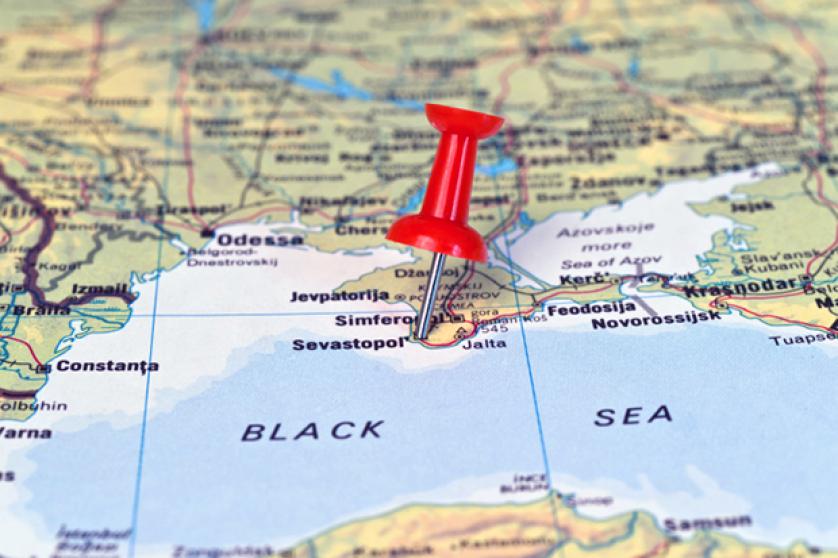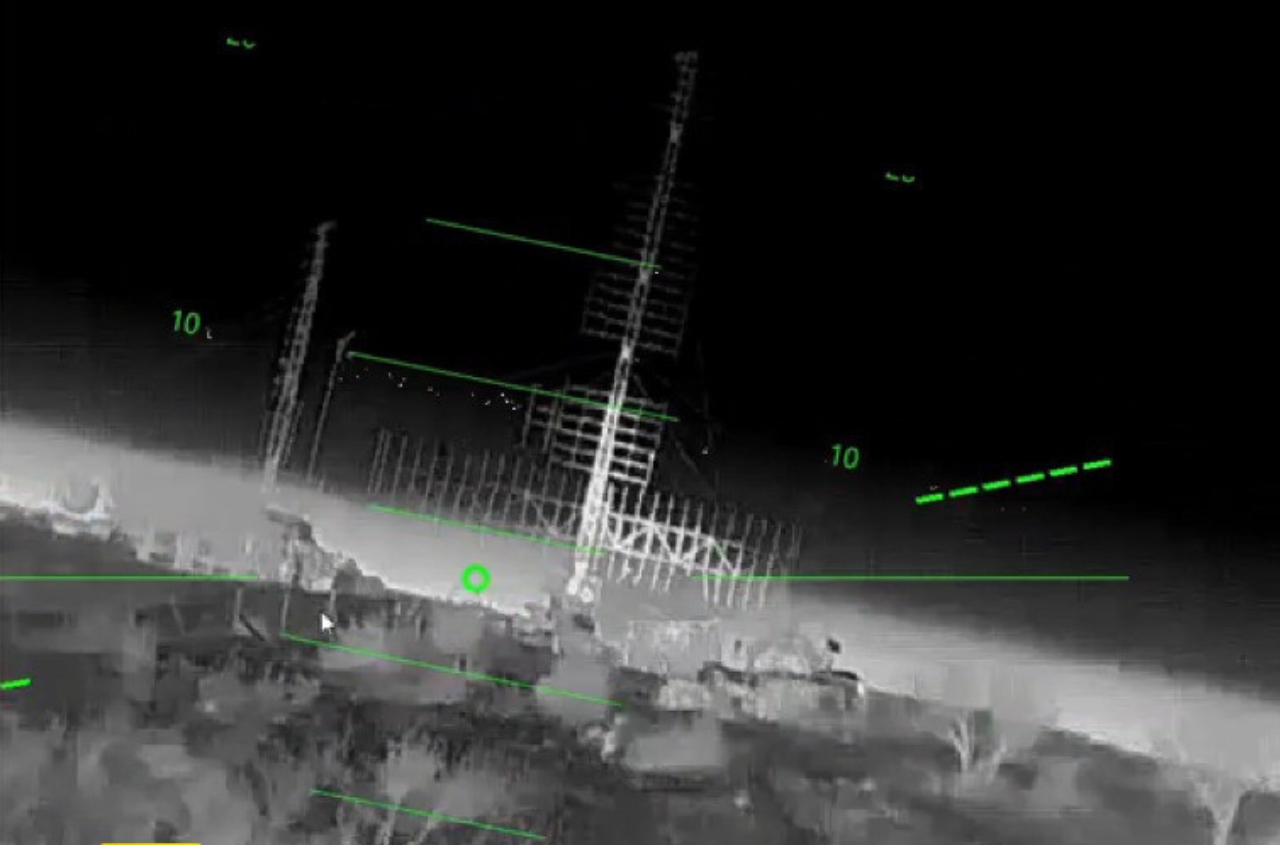On October 9, the UNESCO Executive Board adopted a new decision to continue monitoring the situation in the Autonomous Republic of Crimea. The decision is based on a report by the UNESCO Director-General on the situation in temporarily Russian-occupied Crimea within the Organization’s areas of competence. The report confirms a significant deterioration on the Ukrainian peninsula, including the destruction of Ukraine’s cultural heritage by Russia, notably the UNESCO World Heritage site “Ancient City of Chersonesus and its Chora,” widespread violations of the rights of Crimean Tatars, unlawful persecution of journalists by the occupation authorities, restrictions on education and the right to learn in Ukrainian and Crimean Tatar languages, violations of freedom of religion, and other human rights abuses.
The Czech delegation issued a statement on behalf of 44 UNESCO member states condemning Russia’s actions in occupied Crimea, including the persecution of Crimean Tatars, destruction of Ukrainian-language education, religious and cultural sites, and environmental damage caused by Russia’s irresponsible activities.
Delegations from Lithuania, Turkey, Germany, Albania, and Chile delivered separate statements supporting Ukraine’s sovereignty and territorial integrity while condemning Russia’s violations of international law and human rights in the temporarily occupied Autonomous Republic of Crimea.
Ukraine’s Permanent Representative to UNESCO, Ambassador Vadym Omelchenko, emphasized the importance of continuing monitoring within UNESCO’s mandate to maintain international attention on the situation in the occupied peninsula and counter Russia’s breaches of international law.
The Executive Board’s decision reaffirms the unwavering position of the majority of UNESCO member states in protecting international law, human rights, and Ukraine’s territorial integrity within its internationally recognized borders.




















